What is Breast Cancer?
Breast cancer is a type of cancer that originates in the breast tissue, primarily the ducts or lobules. It occurs when abnormal cells in the breast multiply uncontrollably, forming a tumour or lump.
While breast cancer is more commonly diagnosed in women, it is essential to recognize that men can also develop this condition, though at a much lower rate.
Signs and Symptoms
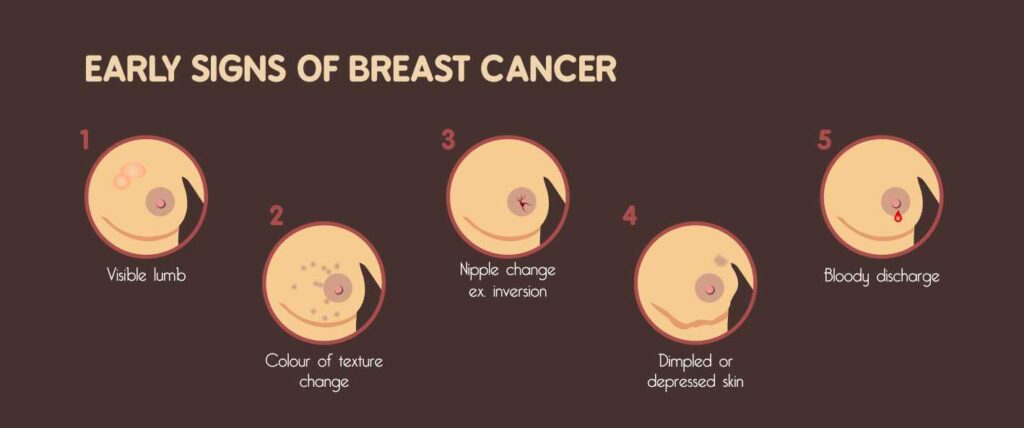
If you experience any of the signs and symptoms associated with breast cancer, it’s essential not to panic. While these symptoms should never be ignored, it’s crucial to remember that they don’t always indicate cancer.
There can be various reasons for changes in the breasts, such as hormonal fluctuations or benign conditions. However, it’s always best to seek guidance from a healthcare professional. Consulting a doctor for further evaluation and examination can provide clarity and peace of mind.
Early detection and prompt medical attention are key to addressing any health concerns effectively, and your doctor can guide you through the necessary steps for a comprehensive assessment of your breast health.
Common Symptoms
- Lump in the Breast: The most prevalent early sign of breast cancer is the presence of a painless lump or thickening in the breast or underarm area. Although not all lumps are cancerous, it is essential to get them examined promptly. (See video below on how to detect them)
- Changes in Breast Size or Shape: Unexplained changes in breast size or shape could be an indicator of breast cancer. This may include swelling, dimpling, or asymmetry.
- Skin Changes: Redness, warmth, puckering, or skin dimpling on the breast’s surface may be a sign of an underlying issue.
Less Common Symptoms
- Nipple Discharge: Discharge from the nipple, other than breast milk, warrants further investigation by a healthcare professional.
- Nipple Inversion: Sudden inversion of the nipple, especially if it was not previously inverted, should be evaluated by a medical expert.
Preventive Measures
Embracing a Healthy Lifestyle
While there are no foolproof methods to prevent breast cancer, leading a healthy lifestyle can significantly reduce the risk. The following habits are beneficial:
- Regular Exercise: Engaging in regular physical activities, such as walking, swimming, or yoga, can contribute to overall well-being and reduce breast cancer risk.
- Balanced Diet: Consuming a diet rich in fruits, vegetables, whole grains, lean proteins, and healthy fats supports the body’s immune system and reduces cancer risk.
- Limiting Alcohol Intake: Excessive alcohol consumption has been linked to an increased risk of breast cancer. Moderation or avoiding alcohol altogether is advisable.
Regular Screening and Check-ups
Early detection is critical for favourable breast cancer outcomes. Women should undergo regular screening and check-ups, which include:
- Mammography: Women above the age of 40 should have regular mammograms to detect any abnormalities in the breast tissue.
- Clinical Breast Examination: An annual breast examination conducted by a healthcare professional can aid in early detection.
- Breast Self-Examination (BSE): Regular self-examination is an essential practice that empowers individuals to recognize changes in their breasts and seek medical attention if necessary (see video below for BSE example).
Genetic Testing for Higher-Risk Individuals
Genetic testing is recommended for individuals with a family history of breast cancer or specific risk factors. It identifies gene mutations linked to higher breast cancer risk, enabling personalized risk assessment and early intervention. Positive results can lead to increased surveillance, risk-reducing medications, or prophylactic surgeries. Genetic counselling is crucial for understanding the implications of test results. Overall, genetic testing empowers higher-risk individuals to make informed decisions and take proactive steps in managing their breast cancer risk.
Diagnosis
Early and accurate diagnosis plays a crucial role in determining the most effective treatment plan. The following diagnostic methods are commonly used:
Mammography: A Vital Screening Tool
Mammography is a low-dose X-ray examination of the breast tissue, allowing for the detection of potential abnormalities, even in the absence of visible signs or symptoms.
Biopsy: Confirming the Presence of Cancerous Cells
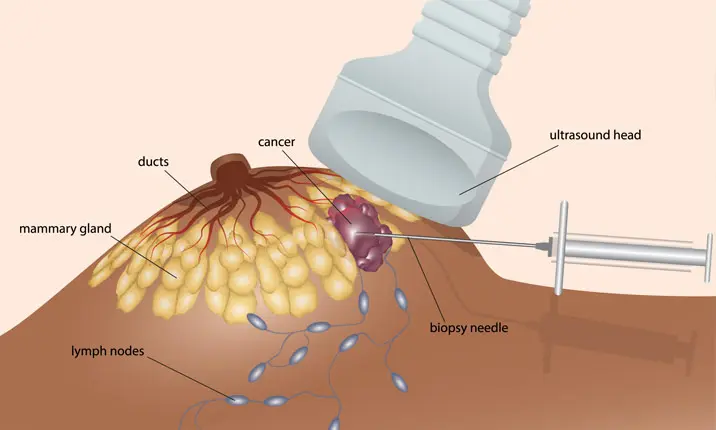
A biopsy involves the removal of a small tissue sample from the suspicious area in the breast. This tissue is then examined under a microscope to confirm whether cancerous cells are present.
MRI and Ultrasound: Assessing Tumor Characteristics
Magnetic Resonance Imaging (MRI) and ultrasound are imaging techniques that provide detailed information about the tumour’s size, location, and characteristics.
PET-CT Scan: Detecting Metastasis
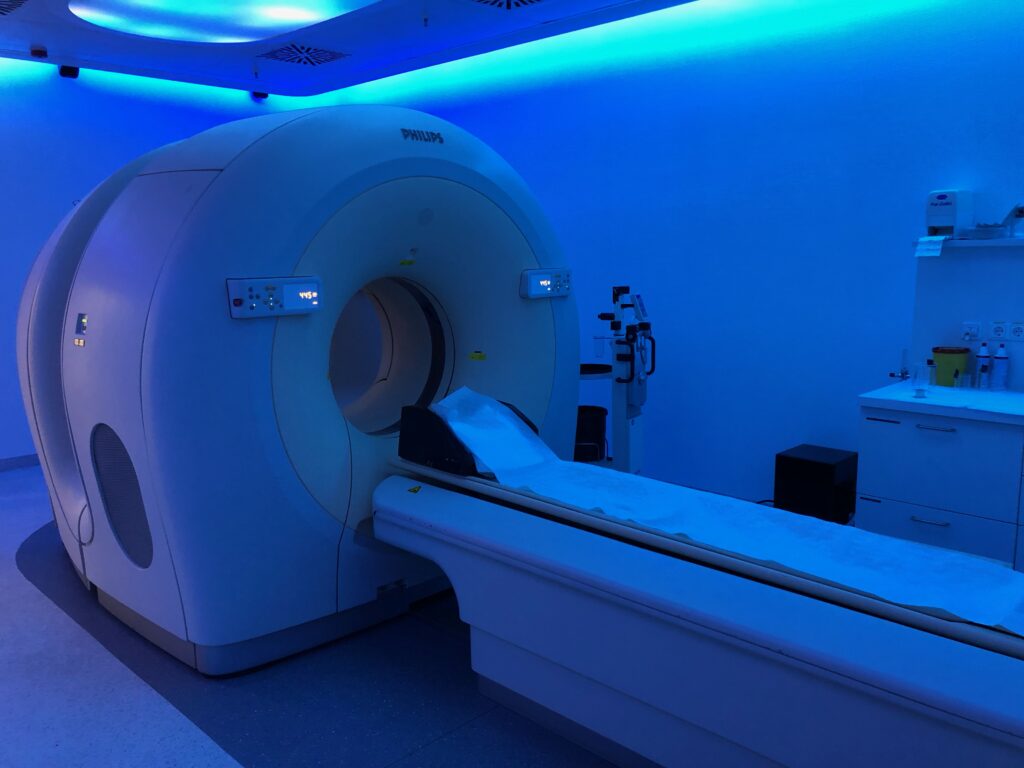
Positron Emission Tomography-Computed Tomography (PET-CT) scan is used to identify whether cancer has spread to other parts of the body, a process known as metastasis.
Stages of Breast Cancer
Breast cancer is classified into different stages based on the extent of tumour growth and spread:
Stage 0: Ductal Carcinoma In Situ (DCIS)
Stage 0 breast cancer, known as Ductal Carcinoma In Situ (DCIS), is the earliest form of breast cancer. The abnormal cells are limited to the milk ducts and haven’t spread to nearby tissues. DCIS is detected through mammograms and is non-invasive, making it highly treatable. Treatment options include surgery, radiation therapy, and hormone therapy if necessary. The prognosis for long-term survival is excellent with early detection and prompt treatment. Regular follow-up is essential to monitor for any signs of recurrence or progression.
Stage I: Early-Stage Localized Cancer
Stage I breast cancer is an early and localized form of the disease. The cancer remains confined to the breast and hasn’t spread to nearby tissues or lymph nodes. Treatment options include surgery, radiation therapy, and hormone therapy if necessary. With timely intervention, the prognosis is favourable for long-term survival. Regular follow-up is crucial to monitor for any recurrence. Early detection through mammograms and self-examinations is essential for better outcomes and improved quality of life.
Stage II: Advanced Localized Cancer
Stage II breast cancer is an advanced localized stage with larger tumours and possible spread to nearby lymph nodes. Detected through mammograms and clinical examinations, it is still confined to the breast. Treatment options include surgery, radiation therapy, chemotherapy, and hormone therapy if needed. Prognosis varies based on factors like tumour size and lymph node involvement. Regular follow-up is vital for monitoring and early detection.
Stage III: Locally Advanced Cancer
Stage III breast cancer is locally advanced, involving nearby tissue invasion and potential spread to multiple lymph nodes. Early detection is crucial. Treatment options include neoadjuvant therapy, surgery, radiation therapy, chemotherapy, hormone therapy, and targeted therapy. Prognosis varies based on tumour extent and response to treatment. Regular follow-up is essential for monitoring and early intervention.
Stage IV: Metastatic Breast Cancer
Stage IV breast cancer, or metastatic breast cancer, is the most advanced stage. Cancer has spread to distant organs or bones in the body. Treatment aims to manage the disease, alleviate symptoms, and improve quality of life. Options include systemic therapy, radiation, and palliative care. Prognosis varies based on response to treatment and overall health. Regular monitoring and support are vital for patients. Awareness and research efforts are crucial in the fight against metastatic breast cancer.
Treatment Options
Breast cancer treatment is multidisciplinary, and the approach depends on factors like cancer stage, tumour characteristics, and the individual’s overall health. Common treatment options include:
Surgery: Removing Tumor and Affected Tissues
Surgery involves removing the tumour and surrounding tissues to eliminate cancer cells and prevent further spread. The options may include:
- Lumpectomy: Removal of the tumour and a small margin of surrounding healthy tissue, preserving most of the breast.
- Mastectomy: Surgical removal of the entire breast.
- Lymph Node Removal: If cancer has spread to nearby lymph nodes, it may be removed.
Radiation Therapy: Targeting Cancer Cells with Precision
Radiation therapy uses high-energy rays to destroy cancer cells or prevent their growth. It is often used after surgery to target any remaining cancer cells in the affected area.
Chemotherapy: Systemic Cancer Cell Eradication
Chemotherapy involves using powerful drugs to kill or inhibit the growth of cancer cells throughout the body. It is administered orally or intravenously.
Hormone Therapy: Controlling Hormone Receptor-Positive Cancers
Hormone therapy is used for hormone receptor-positive breast cancers and aims to block the hormones that fuel cancer growth.
Targeted Therapy: Focusing on Specific Cancer Cell Components
Targeted therapies target specific molecules involved in cancer growth and progression, sparing healthy cells from damage.
Immunotherapy: Enhancing the Immune System’s Response
Immunotherapy aims to stimulate the body’s immune system to recognize and attack cancer cells more effectively.
Supportive Care
Supportive care focuses on managing the side effects of treatment and enhancing the patient’s well-being during and after breast cancer therapy. Some aspects of supportive care include:
Managing Treatment Side Effects
Patients can actively manage treatment side effects during breast cancer care.
- Stay hydrated and eat small, bland meals to combat nausea.
- Prioritize rest and light exercise for fatigue.
- Use prescribed pain medications for pain relief.
- Consider head coverings for hair loss.
- Protect skin from radiation and seek emotional support when needed.
- Maintain a healthy diet and follow medical advice closely.
Open communication with the healthcare team is essential for prompt support and adjustments to enhance well-being throughout the breast cancer journey.
Providing Psychological Support
Receiving a breast cancer diagnosis can be emotionally challenging. Psychological support, including counselling, effective communication and therapy, can help patients cope with anxiety, depression, and other emotional issues.
Improving Overall Well-being with Lifestyle Support
Lifestyle support includes dietary counselling, exercise programs, and complementary therapies like yoga and meditation. These practices can aid in physical and emotional healing.
Living with Breast Cancer
Receiving a breast cancer diagnosis can be overwhelming, but adopting certain strategies can help individuals navigate their journey more effectively:
Adopting Effective Coping Strategies
Coping with a breast cancer diagnosis and its treatment requires resilience. Adopting coping strategies such as mindfulness techniques, journaling, and engaging in creative pursuits can help alleviate stress and anxiety.
Finding Solace and Understanding in Support Groups
Support groups and communities such as the one we run on Discord provide a safe space for individuals to share experiences, receive emotional support, and exchange valuable insights into living with breast cancer.
Prioritizing Emotional Well-being
Maintaining emotional well-being is crucial throughout the breast cancer journey. Seeking professional counselling or therapy can be beneficial in managing the emotional toll of the disease.
Promising Research and Innovations
The field of breast cancer research is continually advancing, with promising developments on the horizon:
Immunotherapies Advancements: Empowering the Immune System
Immunotherapies, such as immune checkpoint inhibitors, are showing promise in empowering the immune system to recognize and eliminate cancer cells more effectively.
Targeted Therapies Developments: Precision Medicine in Action
Targeted therapies are becoming more precise, targeting specific genetic mutations or proteins present in cancer cells, leading to more effective and personalized treatments.
Gene Therapies: Correcting Genetic Aberrations
Gene therapies are being explored as a potential approach to correct genetic abnormalities in cancer cells, offering new avenues for treatment.
Conclusion
Breast cancer is a complex disease that requires comprehensive understanding, early detection, and a holistic treatment approach. By recognizing the signs and symptoms, adopting preventive measures, and staying informed about available treatment options, individuals can take charge of their breast health. Moreover, supporting ongoing research and awareness initiatives is crucial in the fight against breast cancer. Together, we can work towards a future where breast cancer is diagnosed at its earliest stages, treated effectively, and survivors lead fulfilling lives.
Frequently Asked Questions (FAQs)
- Is breast cancer only found in women?
- While breast cancer is more common in women, men can also develop this condition, albeit at a lower frequency.
- At what age should women start regular mammograms?
- Women above the age of 40 should start getting regular mammograms to screen for breast cancer.
- What are the risk factors for breast cancer?
- Risk factors include age, family history of breast cancer, genetic mutations, hormonal factors, and lifestyle choices.
- Can breast cancer be prevented entirely?
- While complete prevention is not possible, adopting a healthy lifestyle and undergoing regular screenings can significantly reduce the risk of breast cancer.
- Are there alternative treatments for breast cancer?
- Complementary therapies like acupuncture, yoga, and meditation may help manage treatment side effects, but they should not be considered as standalone replacements for standard medical treatments.



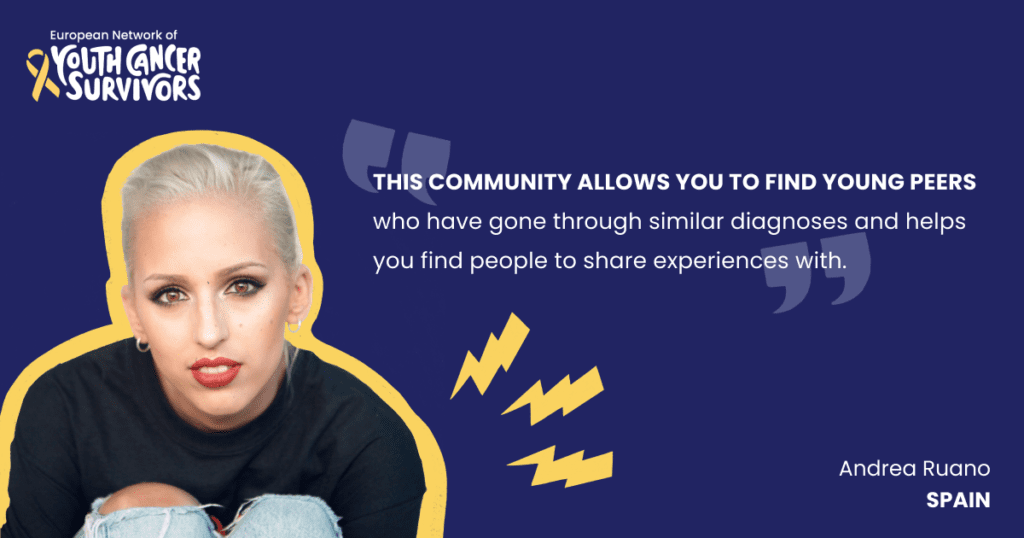
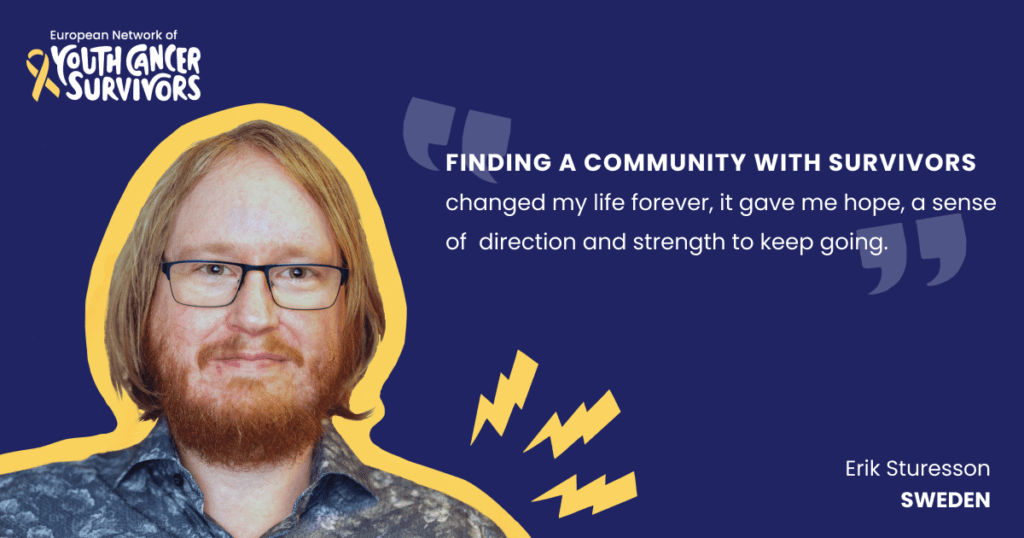



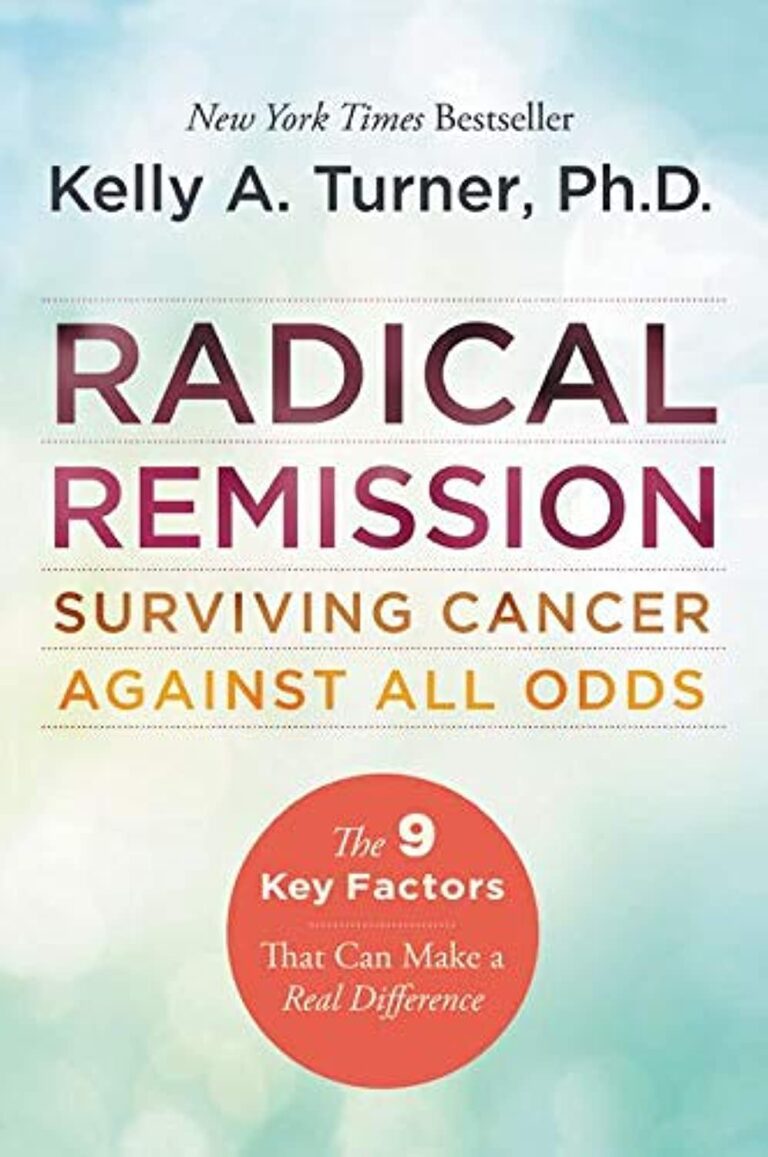

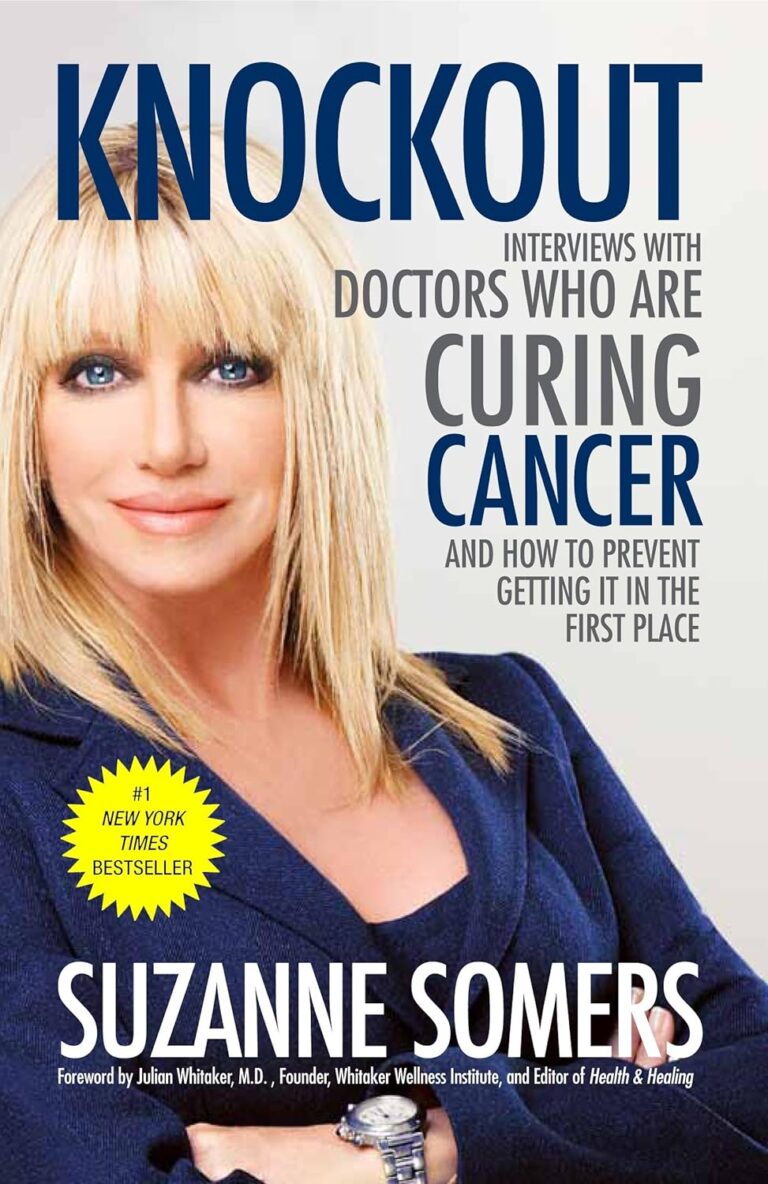


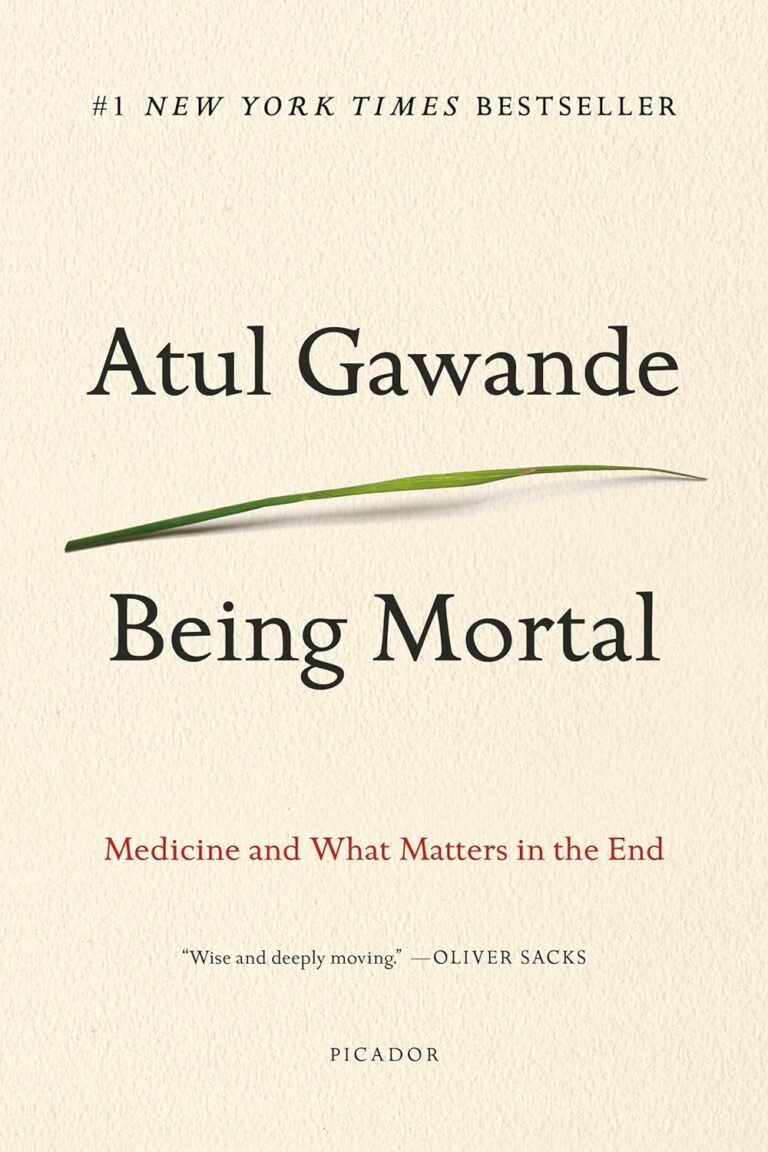





Comments
Thank you. Comment sent for approval.
Something is wrong, try again later